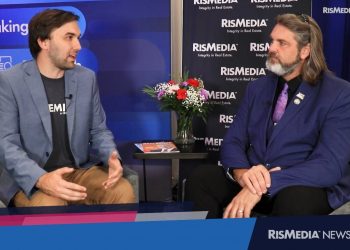Buying a hardcover copy is not the only way to get a textbook these days. You can also rent, either from online retailers or college bookstores. In fact, almost all of the 3,000 members of the National Association of College Stores now have a book rental program.
Many rental agreements last a full semester, including final exam periods. And when the term is up, you simply return the book. You don’t have to worry about storing or reselling the book.
The drawbacks: Rental costs are comparatively inexpensive, but you have to return books by their due date and keep the books in good shape (light highlighting and note-taking is usually fine). Otherwise, additional fees apply. And because rentals are often used books, they may lack those supplemental materials mentioned earlier, such as CDs and electronic access codes.
Finally, if you don’t mind reading your assignments online, consider an e-textbook. Digital books can be rented or bought, again for a fraction of the cost of buying new. You can access the text on most devices (you don’t need a dedicated e-reader). And there are tools that let you highlight, take notes and so on.
The drawbacks: You may have to be connected to the Internet to access the text or download an app to your computer or other device.
And you have to be comfortable with reading and learning electronically — not a stretch for most young adults these days, but still something to consider.
Carolyn Bigda writes Getting Started for the Chicago Tribune. yourmoney@tribune.com.
©2014 Chicago Tribune
Distributed by MCT Information Services










